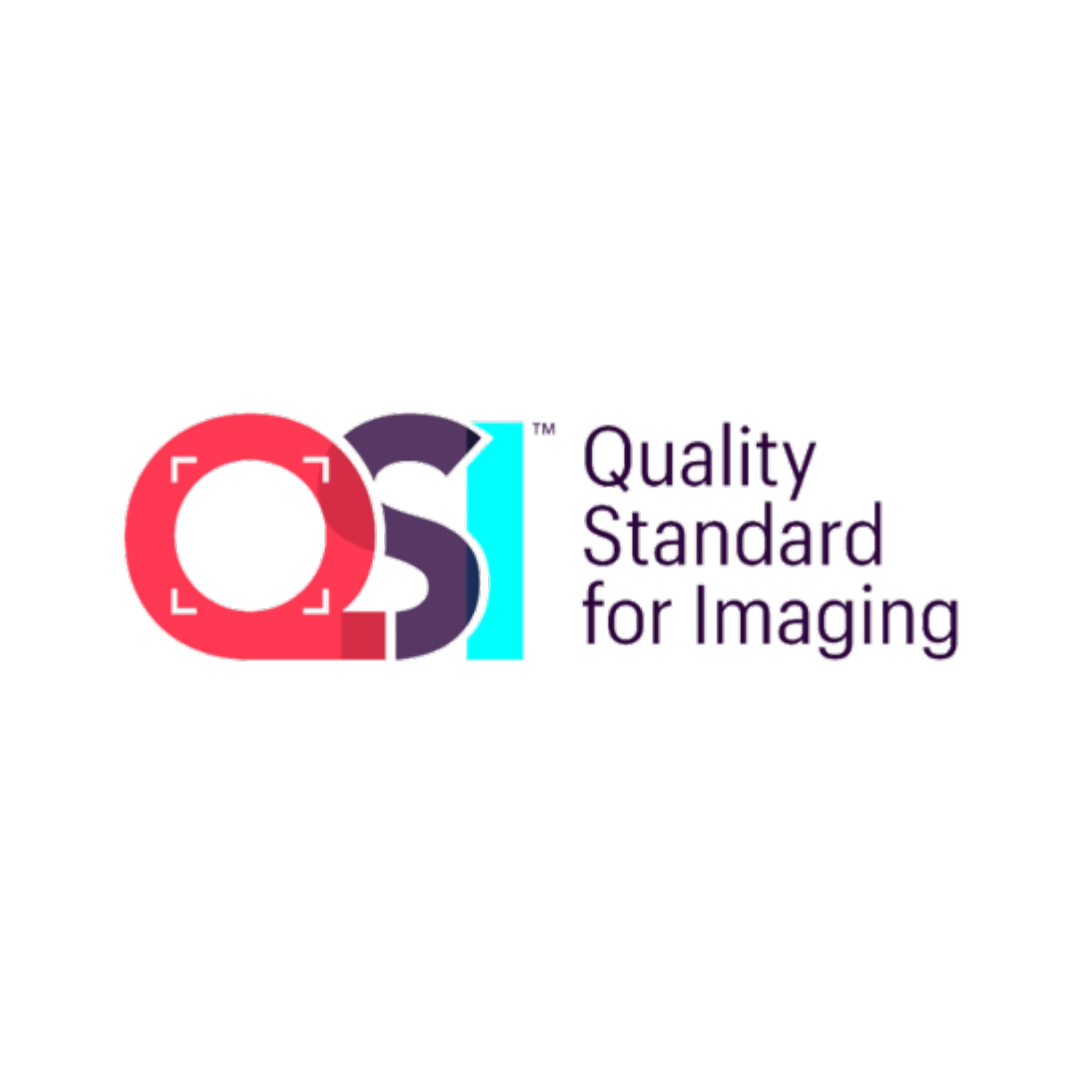The Quality Standard for Imaging
Supporting and enabling quality improvement in imaging services
Download the Standard

Supporting and enabling quality improvement in imaging services
Download the Standard

In July 2024, the QSI Quality Improvement Scheme was launched in collaboration with the Royal College of Radiologists. The scheme is designed to focus on quality improvement for imaging services for the benefit of both patients and our members, and engages imaging services in continuous quality improvement through formal peer review.
We know that colleagues who are delivering and developing services up and down the country are working tirelessly under challenging conditions to deliver the best service they can for patients. Our new scheme harnesses innovative practice and support colleagues in making connections and learning from each other as they continue their commitment to quality improvement. We are committed to ensuring that the scheme we run is accessible, supportive, and affordable.
This new scheme brings services together to facilitate an easier way of sharing good practice and peer learning. It introduces a new and enhanced level of support for those services working towards QSI through the QSI Hub, which builds on the existing support provided by both Colleges. We will be able to offer more expert and targeted support and resources to enable services to implement QSI effectively. Quality improvement is the focus of the scheme, and this launch represents an investment by both Colleges in supporting services in delivering changes for the benefit of both patients and staff.
Both Colleges are keen to be able to celebrate and promote services' successes through QSI.

The Quality Mark is for those who wish to receive formal recognition against QSI. This will be a peer reviewed process whereby a team of peers will review and evaluate services achievements against the standards to award the quality mark.
QSI Quality Mark Successes
The Colleges are pleased to announce the services which have achieved the QSI Quality Mark, and those who are Working Towards QSI. These can be viewed on the RCR website under QSI Quality Mark Successes.
QSI is a developmental standard and underpins the colleges’ vision that all providers of imaging services be invested in a continuous quality improvement journey. QSI allows services to evaluate their performance and develop where needed to continually improve patient experience and outcomes.
QSI represents the judgements of panels of lay representatives, radiographers, radiologists, medical physicists, and sonographers who have overseen its creation and revision. It reflects wide consultation and valuable comments and suggestions received from professional colleagues, relevant UK government agencies and professional and regulatory bodies.
QSI sets out best practice to improve patient care and outcomes. Assessment against QSI to achieve the Quality Mark has been and will continue to be the hallmark of a quality imaging service. Clinical practice is a continually evolving field, and the QSI will be independently reviewed every four years.

The Quality Standard for Imaging (QSI)©* sets national quality criteria for imaging services. It is a collaboration between The Royal College of Radiologists (RCR) and The College of Radiographers (CoR), to improve the quality of care for people attending an imaging service.
Download now